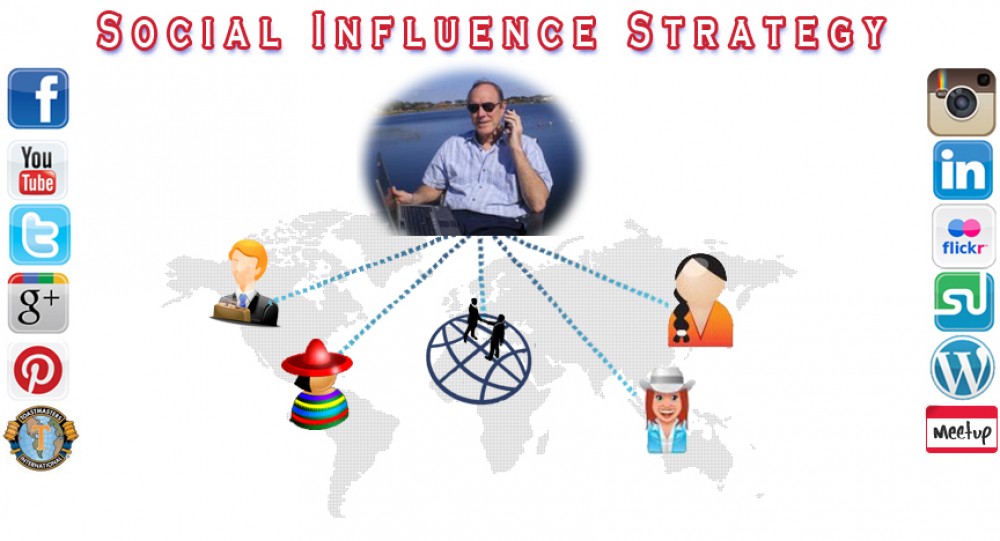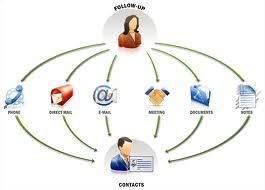Relationships — Back in Business
Social Media provide new, and perhaps more efficient, tools for communication, but remember what they are for! Social media is bringing relationships back to business.
An interesting article in Search Engine Guide reminds me of the movie, Back to the Future. In her post, “How Social Media (Didn’t) Change Business,” Jennifer Laycock points out that “Smart Companies are in it for the People.” She says:
Social Media is not some amazing new concept that’s changing the way we do business. It’s simply amazing new technology that’s allowing us to return to the way people USED to do business. In the last fifty years we’ve gone from business being done the way my grandfather did it, to business being run by multi-national corporations who view you as a billing number and who you pick based on price. In the last five to ten years, the Internet has opened things back up.
Social Media gives you, as a small business owner, the tool to make and build relationships with people all over the world. The trick, is to focus on the relationship and not the sale. People are happy to buy from people they like and trust.
How to Create Effective Business Relationships
Credit for the image above goes to the blog, “AuthenticCommunicationSolutions.com,” in which authors Randie Rabideau and Marisa Ferrara wrote:
“Relationships of all kinds are often perceived as very delicate. The ability to create and/or maintain positive and effective business relationships requires extra effort. For example each member in a group or organization, has a different set of skills and beliefs based on their past experiences. This has a direct impact on the expectations they have regarding how they feel other members of the group “should” fulfill their individual roles and function as a team.”
Leverage is the Key to Success
The key to success in any business is LEVERAGE. Leverage comes in many forms. Leveraging “social capital” is my favorite! When you leverage relationships, we call it ”networking.” Through networking you can also leverage knowledge, resources, and contacts. Most importantly, you can leverage trust and influence!
Leveraging “social capital” is a safer bet than leveraging money. In many situations it is “who you know that counts.” I always add that it is also “how they feel about you that counts!”
It takes time and attention to cultivate a relationship, like growing a garden. The wise person invests deposits in emotional bank accounts proactively well before the need to withdraw!
I am NOT suggesting that you invest in a cold and calculating way. The best (and most valuable) deposits are made without any thought of personal gain. Don’t keep score! Sincere compassion and interest in other people is most effective. The way to earn social capital is to simply care and share what you have to give. It also makes you happy. “Make someone happy, and you’ll be happy too!”




